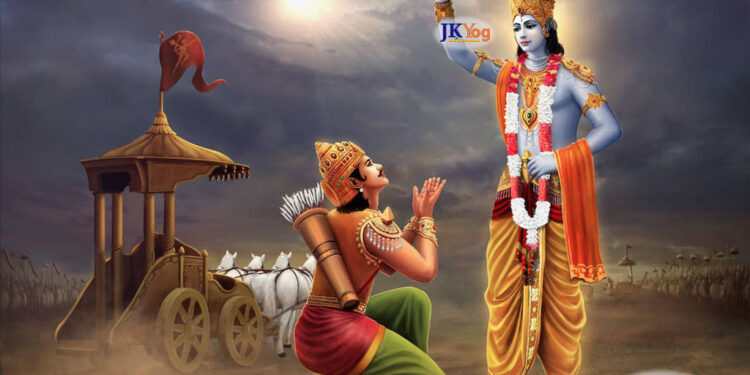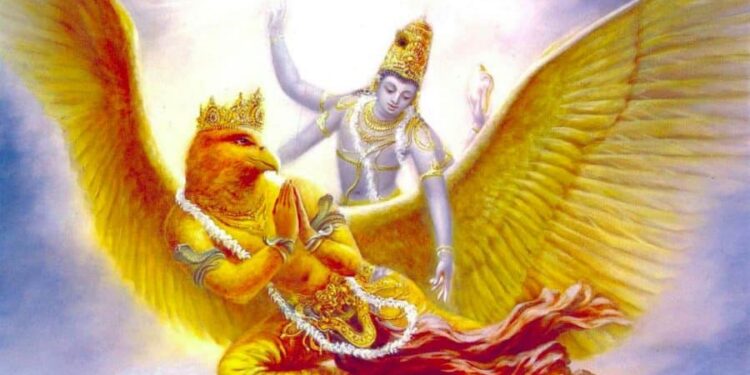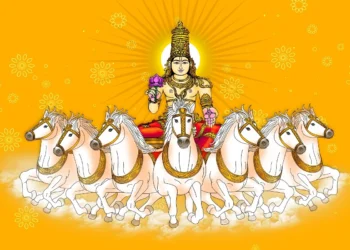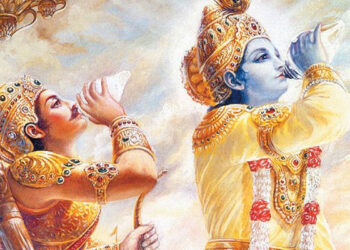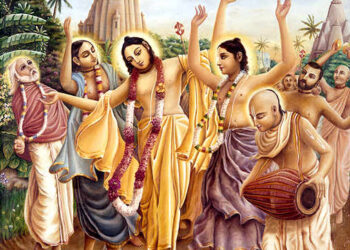TEXT 18
antavanta ime dehā
nityasyoktāḥ śarīriṇaḥ
anāśino ‘prameyasya
tasmād yudhyasva bhārata
SYNONYMS
anta—vantaḥ—perishable; ime—all these; dehāḥ—material bodies; nityasya—eternal in existence; uktāḥ—are said; śarīriṇaḥ—of the embodied soul; anāśinaḥ—never to be destroyed; aprameyasya—immeasurable; tasmāt—therefore; yudhyasva—fight; bhārata—O descendant of Bharata.
TRANSLATION
The material body of the indestructible, immeasurable and eternal living entity is sure to come to an end; therefore, fight, O descendant of Bharata.
PURPORT
The material body is perishable by nature. It may perish immediately, or it may do so after a hundred years. It is a question of time only. There is no chance of maintaining it indefinitely. But the spirit soul is so minute that it cannot even be seen by an enemy, to say nothing of being killed. As mentioned in the previous verse, it is so small that no one can have any idea how to measure its dimension. So from both viewpoints there is no cause of lamentation, because the living entity as he is cannot be killed nor can the material body be saved for any length of time or permanently protected. The minute particle of the whole spirit acquires this material body according to his work, and therefore observance of religious principles should be utilized. In the Vedānta-sūtras the living entity is qualified as light because he is part and parcel of the supreme light. As sunlight maintains the entire universe, so the light of the soul maintains this material body. As soon as the spirit soul is out of this material body, the body begins to decompose; therefore it is the spirit soul which maintains this body. The body itself is unimportant. Arjuna was advised to fight and not sacrifice the cause of religion for material, bodily considerations.
TEXT 19
ya enaṁ vetti hantāraṁ
yaś cainaṁ manyate hatam
ubhau tau na vijānīto
nāyaṁ hanti na hanyate
SYNONYMS
yaḥ—anyone who; enam—this; vetti—knows; hantāram—the killer; yaḥ—anyone who; ca—also; enam—this; manyate—thinks; hatam—killed; ubhau—both; tau—they; na—never; vijānītaḥ—are in knowledge; na—never; ayam—this; hanti—kills; na—nor; hanyate—is killed.
TRANSLATION
Neither he who thinks the living entity the slayer nor he who thinks it slain is in knowledge, for the self slays not nor is slain.
PURPORT
When an embodied living entity is hurt by fatal weapons, it is to be known that the living entity within the body is not killed. The spirit soul is so small that it is impossible to kill him by any material weapon, as will be evident from subsequent verses. Nor is the living entity killable, because of his spiritual constitution. What is killed, or is supposed to be killed, is the body only. This, however, does not at all encourage killing of the body. The Vedic injunction is mā hiṁsyāt sarvā bhūtāni: [Bg. 9.4] never commit violence to anyone. Nor does understanding that the living entity is not killed encourage animal slaughter. Killing the body of anyone without authority is abominable and is punishable by the law of the state as well as by the law of the Lord. Arjuna, however, is being engaged in killing for the principle of religion, and not whimsically.


